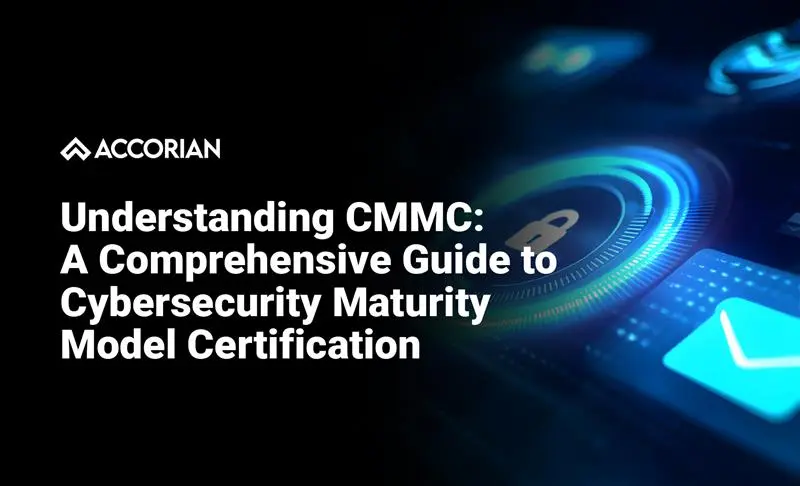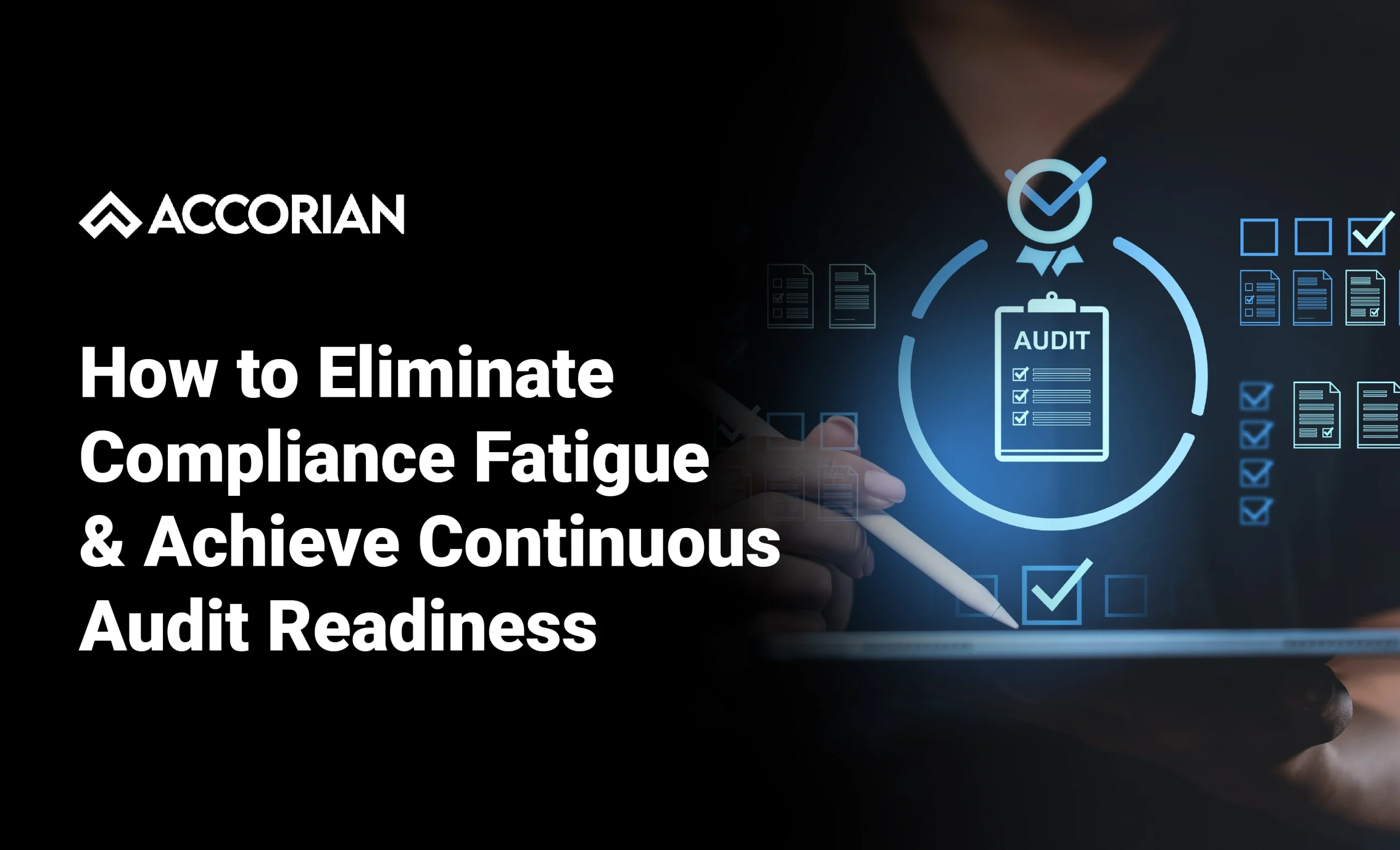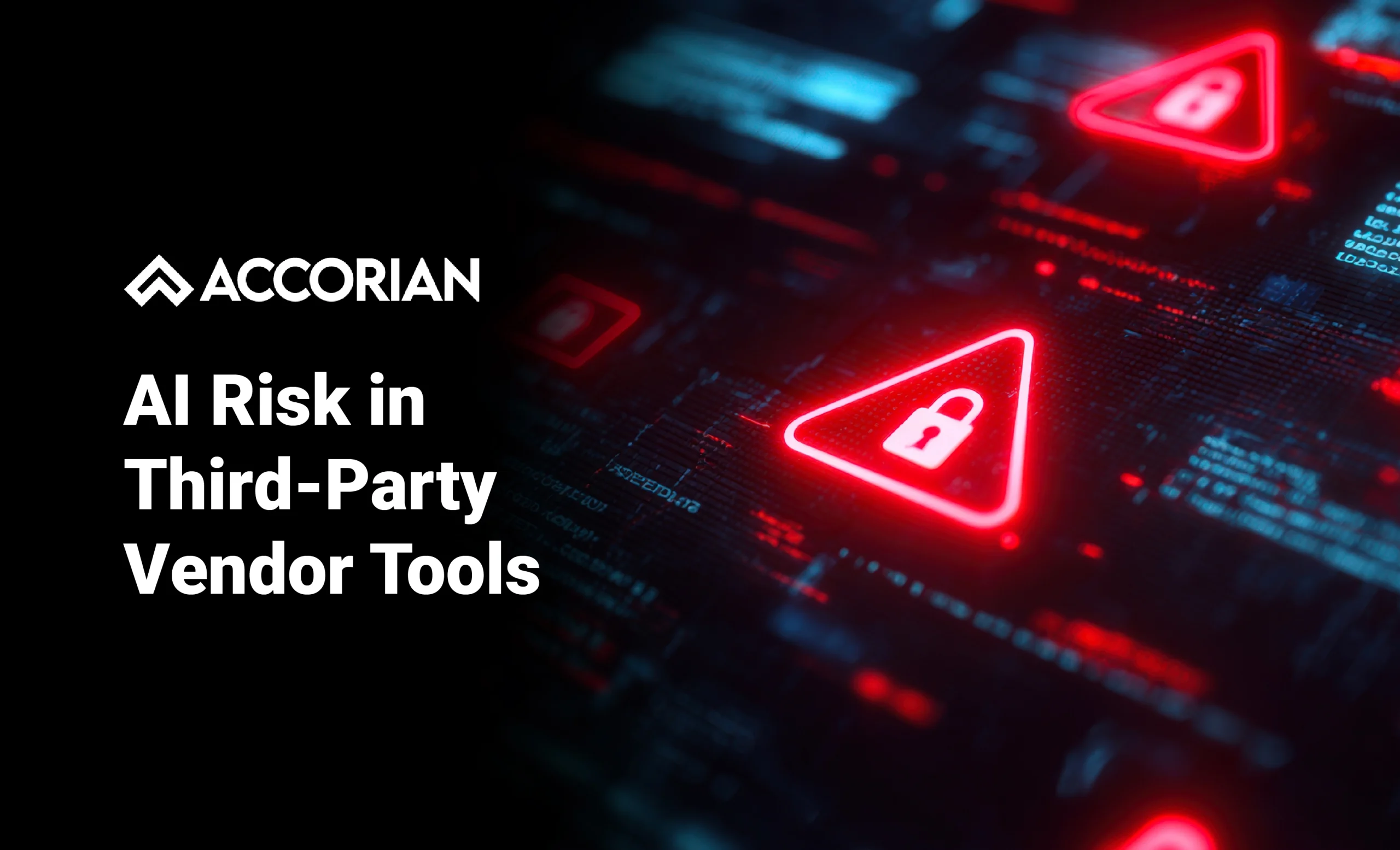In an era of escalating cyber threats, the U.S. Department of Defense (DoD) has taken decisive steps to safeguard sensitive information shared across its supply chain. The Cybersecurity Maturity Model Certification (CMMC) is a framework designed to ensure that contractors and subcontractors implement robust cybersecurity practices to protect Federal Contract Information (FCI) and Controlled Unclassified Information (CUI). CMMC is not just a regulatory requirement, but a strategic imperative for organizations seeking to do business with the DoD.
With CMMC 2.0 expected to become a contractual requirement by fiscal year 2026, organizations across the Defense Industrial Base (DIB) must act now to align with its standards. This framework represents a significant evolution from the previous self-attestation model, ensuring accountability, consistency, and measurable cybersecurity maturity across the supply chain.
What Is CMMC?
CMMC is a unified cybersecurity standard for DoD acquisitions, intended to assess and enhance the cybersecurity posture of the defense industrial base (DIB). It builds upon existing standards such as:
- NIST SP 800-171: Protecting CUI in non-federal systems
- FAR 52.204-21: Basic safeguarding of FCI
- NIST SP 800-172: Enhanced security requirements for critical programs
Unlike previous self-attestation models, CMMC introduces third-party certification to validate compliance, ensuring that organizations meet the required security standards before handling sensitive government data.
CMMC 2.0 simplifies the original five-level model into three streamlined levels, each aligned with specific types of information and risk profiles:
| Level | Description | Assessment Type | Scope |
|---|---|---|---|
| Level 1 – Foundational | Basic safeguarding of FCI | Annual self-assessment | 17 practices from FAR 52.204-21 |
| Level 2 – Advanced | Protection of CUI | Triennial third-party or self-assessment (based on contract) | 110 practices from NIST SP 800-171 |
| Level 3 – Expert | Protection of high-value assets and critical CUI | Government-led assessment | Based on NIST SP 800-172 |
Each level builds upon the previous one, increasing in complexity and rigor to match the sensitivity of the data being handled.
Key Domains and Practices
CMMC encompasses 17 cybersecurity domains, including:
- Access Control
- Audit and Accountability
- Configuration Management
- Incident Response
- Risk Management
- System and Communications Protection
These domains are supported by specific practices and processes that organizations must implement and document. For example, Level 2 requires full implementation of NIST SP 800-171 controls, including multifactor authentication, encryption, and continuous monitoring.
CMMC Rollout and Accreditation Process
CMMC 2.0 is currently in the rulemaking phase, with finalization expected by late this year and enforcement through DoD contracts beginning the next year.
Accredited Certified Third-Party Assessment Organizations (C3PAOs) are authorized to conduct formal assessments. Contractors should verify assessor credentials through the Cyber AB Marketplace, ensuring legitimacy before engagement.
CMMC 2.0 also introduces greater flexibility, allowing self-assessments for certain lower-level contracts and simplifying documentation requirements for small and mid-sized suppliers.
Step-by-Step Roadmap to Certification
Achieving CMMC compliance requires a structured approach:
- Define the Scope: Identify which contracts and systems handle FCI or CUI.
- Conduct a Gap Analysis: Assess current security posture against CMMC requirements.
- Develop a System Security Plan (SSP): Document current controls, architecture, and processes.
- Create a Plan of Action and Milestones (POA&M): Outline remediation tasks, owners, and timelines.
- Implement Technical and Policy Controls: Deploy required tools, configurations, and governance measures.
- Engage with a Registered Provider Organization (RPO): For advisory support and readiness validation.
- Undergo C3PAO Assessment: Conduct the official third-party certification process.
- Maintain Continuous Compliance: Monitor, audit, and update controls regularly.
Why CMMC Matters
CMMC is more than a compliance framework. It’s a strategic investment in cybersecurity resilience. Key benefits include:
- Eligibility for DoD contracts: Certification is becoming a prerequisite for bidding.
- Reduced risk of breaches: Stronger controls protect sensitive data from adversaries.
- Improved operational maturity: Encourages disciplined security practices across the organization.
- Enhanced trust: Demonstrates commitment to security to partners and clients.
Failure to comply can result in disqualification from DoD contracts, reputational damage, and increased exposure to cyber threats.
Preparing for CMMC: Challenges and Considerations
Achieving CMMC compliance involves several challenges:
- Gap analysis: Identifying where current practices fall short of required controls.
- Policy development: Creating and formalizing cybersecurity policies and procedures.
- Technical remediation: Implementing tools and configurations to meet control requirements.
- Documentation and evidence: Preparing artifacts for assessment and audit.
- Cultural shift: Embedding cybersecurity into daily operations and decision-making.
Organizations must also determine which level of certification applies to their contracts and prepare accordingly.
Common Pitfalls in CMMC Implementation
Organizations often face recurring challenges during certification:
- Underestimating documentation: Incomplete SSPs or POA&Ms can delay certification.
- Neglecting subcontractor compliance: Prime contractors must ensure downstream suppliers meet requirements.
- Inaccurate system scoping: Failing to isolate CUI systems increases complexity and audit burden.
- Reactive remediation: Waiting until audits to fix issues rather than addressing them proactively.
- Lack of asset visibility: Inconsistent inventories make it difficult to apply or verify controls.
Avoiding these pitfalls can significantly streamline the certification journey.
Cost and Timeline Expectations
The cost and duration of achieving CMMC certification vary based on organizational size, scope, and readiness level:
- Timeline: 6–12 months on average for Level 2 readiness.
- Cost Range: Can range from $50,000 to $250,000, depending on required remediation, assessment fees, and tool investments.
Early preparation and partnership with an RPO or advisory firm like Accorian can help optimize both time and cost.
CMMC and Alignment with Other Frameworks
CMMC aligns closely with other recognized security standards, enabling organizations to leverage existing compliance investments:
- NIST CSF – Core risk management principles align with CMMC practices.
- ISO 27001 – Overlaps in information security management controls streamline compliance.
- HITRUST and FedRAMP – Complementary frameworks for organizations handling healthcare or cloud-based defense data.
By integrating these frameworks, companies can adopt a unified compliance and risk management strategy.
How Accorian Supports CMMC Compliance
Accorian, a leading cybersecurity and compliance advisory firm, is a CMMC Registered Provider Organization (RPO). They offer comprehensive support to help organizations navigate the complexities of CMMC and achieve certification efficiently.
Accorian’s CMMC Services include:
- CMMC Readiness Assessment: Evaluates current cybersecurity posture against CMMC requirements and identifies gaps.
- Remediation Planning and Execution: Provides actionable roadmaps and technical solutions to close compliance gaps.
- Policy and Procedure Development: Drafts and implements documentation aligned with CMMC controls and best practices.
- Security Architecture and Engineering: Designs secure systems and networks that meet CMMC standards.
- Audit Preparation and Support: Guides organizations through mock assessments and prepares them for official C3PAO audits.
- Continuous Compliance Monitoring: Offers ongoing support to maintain compliance as requirements evolve.
Accorian combines deep expertise in cybersecurity, regulatory frameworks, and risk management to deliver tailored solutions. Their team of certified professionals ensures that clients not only meet CMMC requirements but also strengthen their overall security posture.
CMMC represents a transformative shift in how the DoD approaches cybersecurity across its supply chain. For contractors and suppliers, achieving compliance is essential to remain competitive and secure. With its structured approach and expert guidance, Accorian empowers organizations to meet CMMC requirements confidently, turning compliance into a catalyst for long-term resilience and trust.



